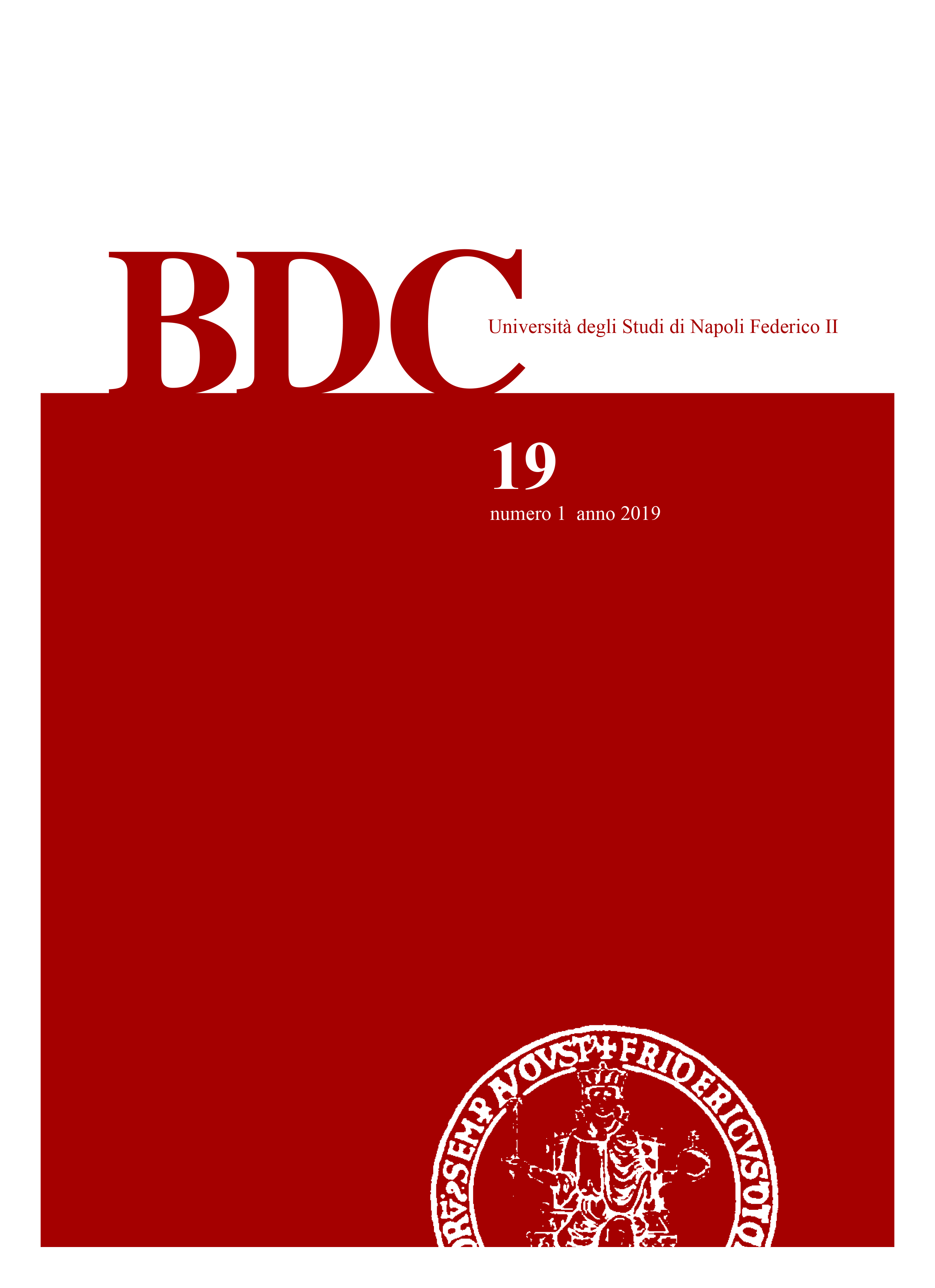STORIE DI ARCHITETTURA ECCLESIALE E PROCESSI DI PATRIMONIALIZZAZIONE: VALORI, RESILIENZA, ADATTIVITÀ, RIUSO
DOI:
https://doi.org/10.6092/2284-4732/7058Abstract
HISTORIES OF ECCLESIAL ARCHITECTURE AND HERITAGIZATION PROCESSES: VALUES, RESILIENCE, ADAPTIVITY, REUSE
Abstract
The study of church architecture – understood as the history of social processes – allows us to define, recognize and discuss a wide range of values that historically has guided the decision-making processes of transformation of the churches. The identification of these plural ecclesial values can contribute to a precise mapping of the meanings of places, and leads to the definition and periodization of that "intrinsic value" of the cultural heritage on which its conscious and responsible enhancement can be based. The processual analysis of the history of ecclesial places also tells of the delicate balance between adaptivity and resilience, that is the ability to respond in an innovative way to pressures and trauma, while retaining its recognisability. The dynamics of adaptivity and resilience can also become a useful interpretative key in the discussion of the processes of decommissioning and reuse of underused or abandoned ecclesial heritage.
Keywords: religious heritage, resilience, reuse, architectural history

